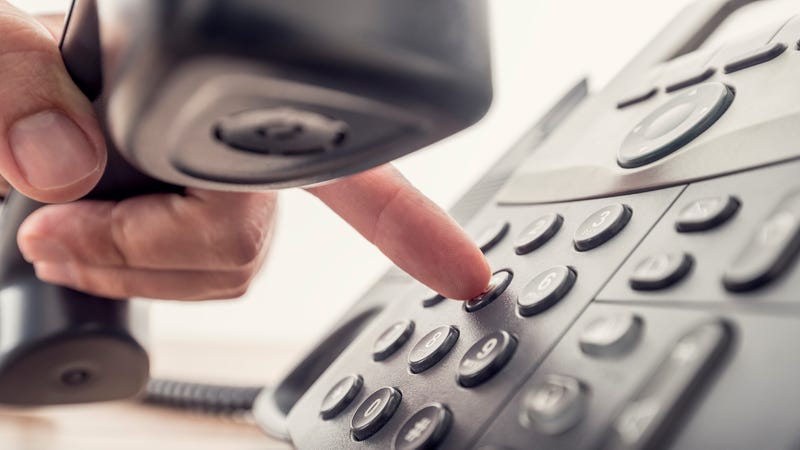
Last year proved to be a busy one for the 988 Suicide & Crisis Lifeline in Minnesota and 2023 looks to be even busier.
Data from the Minnesota Department of Health shows 988 in Minnesota received over 37,200 calls, 8,900 web chats, and just over 5,500 texts last year.
As of March 10, 988 call centers received over 7,200 calls, 2,100 texts, and more than 1,500 web chats in the first two months of the new year.
"After some of the restrictions and public emergency rollback, more people have been trying to seek services," said PrairieCare vice president Dr. Chris Wall. "Unfortunately we just can't keep up with demand."
Wall, a child and adolescent psychiatrist, says the demand for mental health services has increased so much that each of their nine locations in the Twin Cities have waitlists and their hospital is full.
"It's not just us," Wall said. "I think it's anyone providing mental health care is facing challenges that we're feeling as parents, adults, kids, and teachers. All of us have felt it over the past few years. All of our community partners are struggling with it as well."
Last year the federal government transitioned the National Suicide Prevention Lifeline to the three-digit 988 number. MDH data shows that change had an immediate impact.
According to the Minnesota Department of Health, there were 3,531 calls per month between July and December last year compared to 2,673 between January and June.
The biggest jumps in usage came in the form of 988's web chat and text functions. Chats saw a 75 percent increase between July 1 and December 31, while texts to 988 rose by 536% in the same timespan.
"I think 988 is an incredibly valuable resource. The surge in demand is part of the recognition that it's now there for us and for people who are struggling and need a point of contact when they're experiencing a mental health crisis, a substance use challenge, or when a loved one is struggling," Wall added.
Minnesota operates four 988 call centers that take calls, texts, or web chats from users who interact with trained mental health professionals.
"98 percent of the time there's a successful de-escalation and conversation," Wall said. "2 percent of the time more needs to happen. That may mean emergency services need to be contacted and direction of more intensive care if someone really can't be safe. The goal of this is safety and de-escalation."
Wall adds that doctors and physicians need help caring for the surge of patients seeking mental health services, pointing to the low number of psychiatrists and therapists in Minnesota.
PrairieCare and the Minnesota Department of Human Services developed a psychiatric assistance line which doctors who may not be mental health specialist can call and get advice about how to manage situations.
"It's good to know 988 is available for folks who struggling individually, but also care providers who are trying to help meet these needs that they can have a psychiatrist on the phone, for free, to help them understand what next to do with a medication or psychiatric intervention."
988 calls in January and February of this year outpaced calls during the same time last year. There were 7,204 calls placed to 988 in the first two months of 2023, compared to 5,084 in the first two months of 2022.
Preliminary data shows 777 Minnesotans died by suicide in 2021 marking the seventh straight year which more than 700 Minnesotans died by suicide.
In addition, each year in Minnesota there are more than 10,000 self-harm or suicidal injuries treated by health care providers.
988 is available 24 hours a day, seven days a week. Anyone experiencing mental health-related distress (suicide, mental health, and/or substance use crisis) can call, chat, or text 988 for free and confidential support. People can also dial 988 if they are worried about a loved one who may need crisis support.
